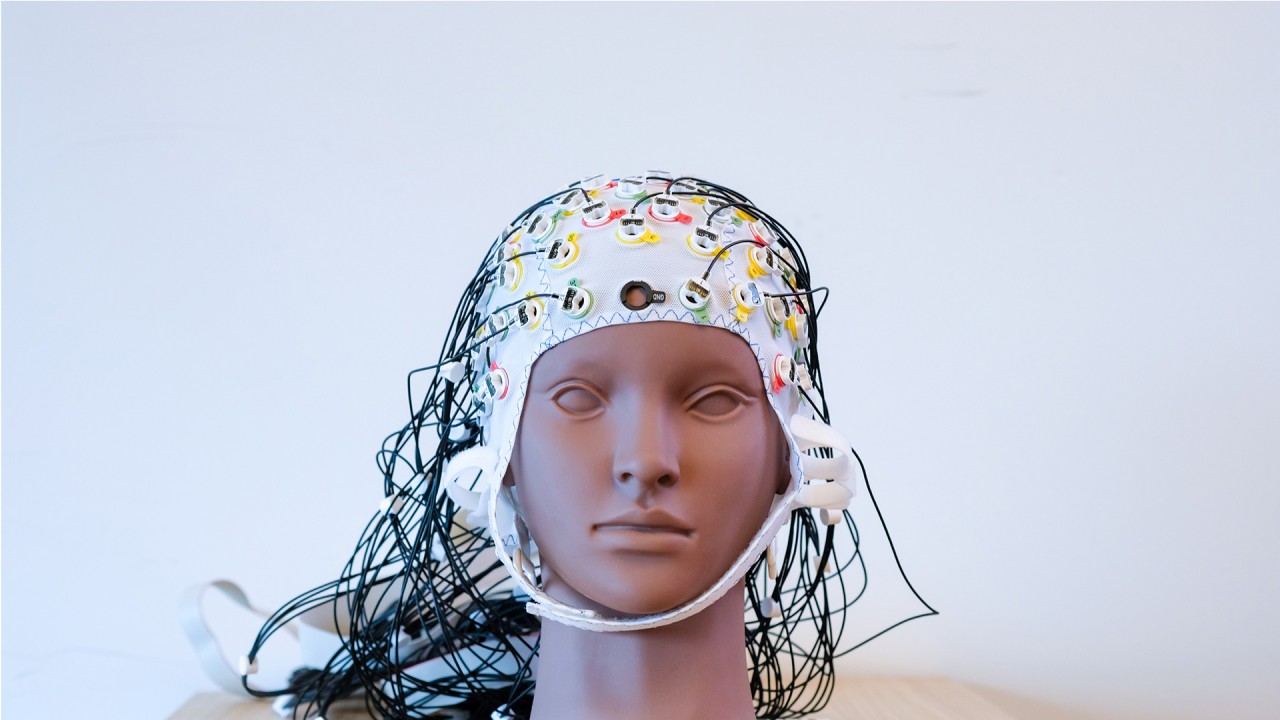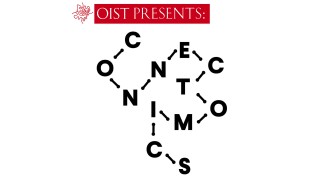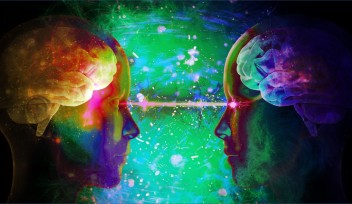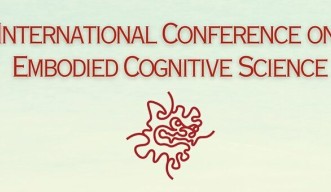Embodied Cognitive Science Unit

The Embodied Cognitive Science Unit investigates the hypothesis that agent-environment interaction is an essential part of, rather than only a product of, cognition. An agent’s mind is profoundly shaped by its embodiment and the world, especially in terms of social, cultural and technological mediation. Using methods drawn from the intersection of computer science and complex systems, the implications of this hypothesis are modeled and tested across scales from adaptive behavior to human thinking. Applications will advance our understanding of social cognition, addiction, and human-computer interaction.
In this unit we pursue the implications of embodied cognitive science from the mind’s most basic expressions in adaptive behavior to its most complex manifestations in abstract thinking. Our interdisciplinary research is framed by a general interest in better understanding the major transitions from minimal cognition to human cognition, and our guiding insight is that changes in environmental mediation, especially sociocultural and technological mediation, have the potential to transform and potentiate the mind.
We employ a diversity of methods that are drawn from the intersection of computer science and complex systems theory: agent-based modeling, artificial neural networks, evolutionary robotics, time series analysis, virtual reality, sensory substitution interfaces, and human-computer interaction.
For an example, see our Perceptual Crossing Experiment of real-time embodied social interaction


















